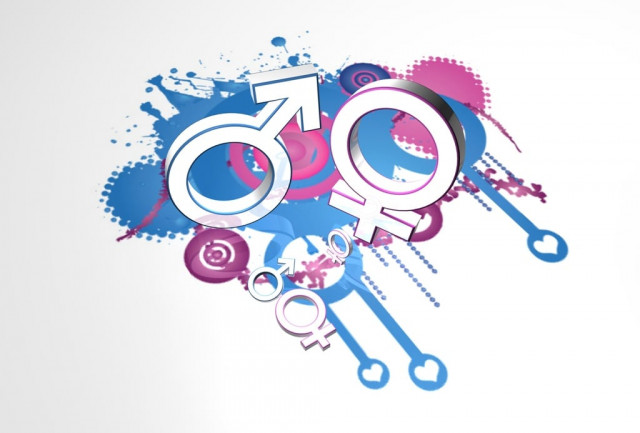‘Improved laws needed to safeguard women’s rights’
Speakers call for greater representation of women in decision-making processes to end violence

PHOTO: FILE
This was stated by National Assembly Speaker Asad Qaiser on Wednesday as he addressed an event on ‘Empowered Pakistani Women’ with provincial Women Parliamentary Caucuses and parliamentarians. The event had been jointly organised by UN Women Pakistan and WPC on Wednesday as part of the 16 Days of Activism against Gender-Based Violence campaign.
The NA Speaker said that the government was committed to empowering women and enhancing their representation in the parliament.
“We have 17 women parliamentary secretaries in the national assembly which substantiates the government’s commitment to women’s empowerment,” he said.
“We, as a country, will be left behind if its men do no become part of efforts to empower women and end violence,” Qaiser said.
He appreciated the collaboration between UN Women and the WPCs to help participating parliamentarians from provincial assemblies learn from each other’s experiences and replicate good practices in their respective legislative processes.
“I hope that the technical assistance from UN Women Pakistan will continue to make sure we leave no one behind as we advance our journey towards achieving the Sustainable Development Goals (SDGs) and other international commitments on gender equality,” Qaiser remarked.
NA Women’s Parliamentary Caucus (WPC) Secretary Munaza Hassan said that women legislators in the country are ready to address the issue of violence against women through gender-sensitive legislation in line with the country’s constitutional guarantees and international commitments.
“Despite political differences, WPC is consistently proving itself as a platform that can enable all women parliamentarians to work collectively for the empowerment of women. Therefore, strengthening of national and provincial caucuses is key to improving coordination for pro-women laws,” she added.
Enhancing women’s participation and ending violence against women and girls are key mandated functions of WPC. “When I see my male colleagues joining the cause of gender equality, I feel stronger and more optimistic,” the WPC secretary stated. “Women representation is important for disadvantaged communities, especially girls who cannot go to schools and who are driven into forced or child marriages.”
With half of Pakistan’s population women, she said that to protect and defend their interests they need a greater representation of women in political decision-making.
“Women and girls in Pakistan continue to face an unprecedented set of challenges when it comes to achieving their goals. By working to ensure political accountability on gender equality, parliamentarians can accelerate impactful change for women and girls at the national and provincial level,” said UN Women Deputy Country Representative Aisha Mukhtar.
“2020 will celebrate five years of SDGs, 10 years of UN Women and 25 years of Beijing Platform for Action. We must galvanize the momentum developed through these significant milestones to advance gender-responsive policy frameworks, pro-women legislation and inclusive and effective governance. I hope that together we will be able to achieve our common vision for a gender-equal and inclusive Pakistan.”
The event was divided into two parts. In the first part legislators deliberated on strengthening WPCs as agents of change.
The second part comprised of two-panel discussions with female and male parliamentarians respectively, on the need and relevance of policy advocacy for pro-women legislation.
Published in The Express Tribune, December 5th, 2019.












1724319076-0/Untitled-design-(5)1724319076-0-208x130.webp)






COMMENTS
Comments are moderated and generally will be posted if they are on-topic and not abusive.
For more information, please see our Comments FAQ